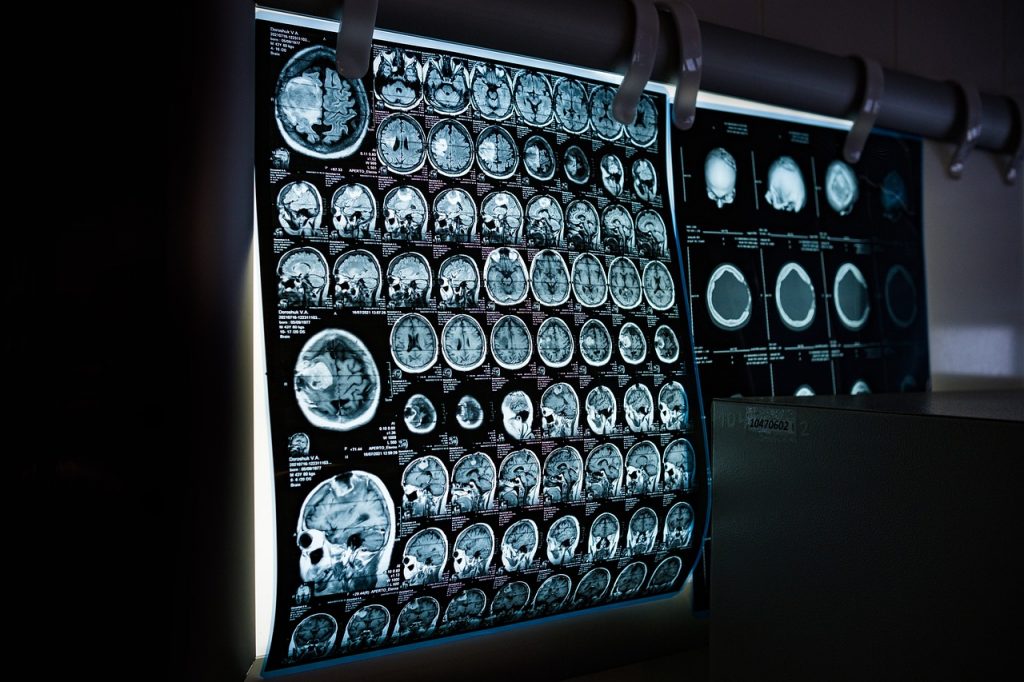Image by Dmitriy Gutarev from Pixabay
COVID-19 has had severe and far-reaching repercussions for both physical and mental health. The Centre for Mental Health predicts up to 10 million people, including 1.5 million minors, may need neuropsychiatric health support in the aftermath of the pandemic.
NHS psychiatrist said he noticed a steep increase in patients who need support for poor mental health due to the pandemic’s effects.
“It was clear that lockdown was really affecting people and their mental health was suffering from it, and in some cases, really severely,”.
Additionally, a study published by Nature displayed premature neurological ageing of adolescent brains who lived through COVID-19 lockdowns.
Researchers compared MRI scans taken before the pandemic of 81 teens between Nov. 2016 and Nov. 2019, with scans collected between Oct. 2020 and March 2022 while COVID-19 was still in effect, but lockdown restrictions were lifted in the U.S.
The psychiatrist said the study found “astonishing conclusions” of the brain’s much faster development in the post lockdown group. The MRI images taken between Oct. 2020 and March of 2022 “showed a three year difference in growth”, rather than two.
Furthermore, the psychiatrist said the post-lockdown group experienced more mental health difficulties, including more severe symptoms of anxiety and depression.
Physical changes adolescent brains experience can produce disturbances in attention and social stimuli, which in turn may increase the risk of developing depressive illnesses, according to PNAS.
American School in London Student Gracie said while she acknowledges the mental impacts of the pandemic have been felt drastically within the school community, the pandemic “really helped in terms of becoming a learning opportunity.”
Similarly, American School in London Student Sunny said by being able to spend more time with close family, he was able to somewhat escape the complete feeling of isolation during lockdown.
“I missed my friends and those basic social interactions with people outside of your house, but I know I learned to appreciate my family more and also being on my own more, so not all parts of COVID were completely bad,” Sunny said.

